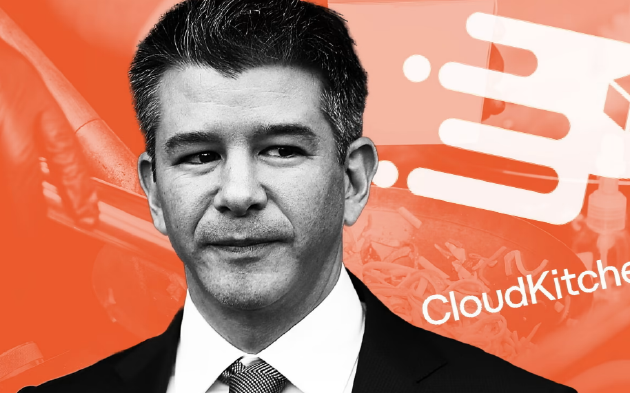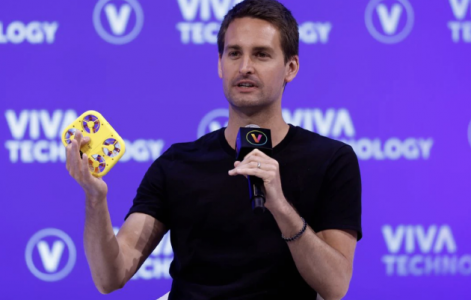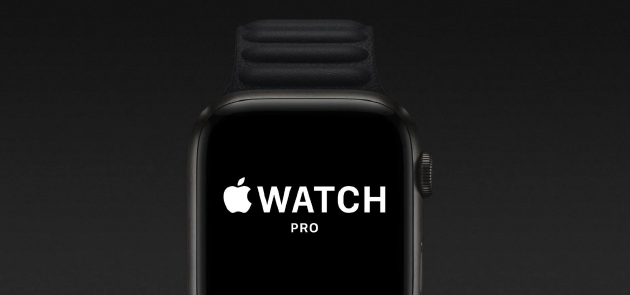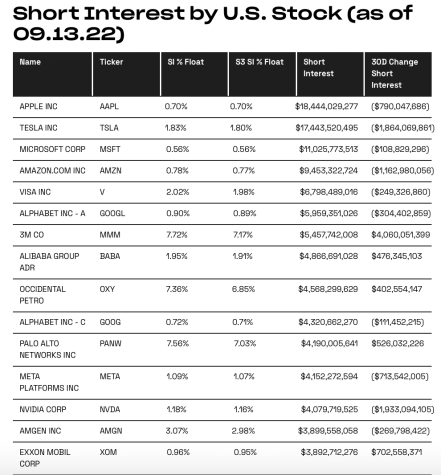your current location is:Home > TechnologyHomeTechnology
Uber co-founder targets Latin America to expand cloud kitchen project

Uber co-founder Travis Kalanick (Travis Kalanick) is quietly developing food and convenience store goods in the Latin American market, and seeks to grow from the region's fast-growing business. E-commerce market profit.
Based on the experience of building the food delivery business UberEats during Uber, Kalanick has acquired and built localized "cloud kitchens" in Latin America in the past three years, and quickly expanded his startup CloudKitchens. It's also part of his attempt to build a global network of food distribution centers.
CloudKitchens' cloud kitchen business acquires properties to use as takeout kitchens or takeout venues. At the same time, Kalanick also established Pik N' Pak, which stores convenience store items such as pet food and medicines for nearly 50 CloudKitchens centers in 11 cities in Brazil, Mexico and Colombia. Similar to Cloud Kitchen, Pik N' Pak's products are also delivered to customers by local food delivery platforms.
Former CloudKitchens employees revealed that the relationship between Pik N' Pak and CloudKitchens had never been disclosed before. It was a deliberate move for secrecy to isolate the local entity from the parent company to avoid ties to Kalanick himself.
"When you have an influential and controversial CEO like Kalanick, he doesn't want to associate the company's brand with himself," said a former manager who was involved in CloudKitchens' Latin American business.
Kalanick was ousted from Uber in 2017 after numerous scandals. He then launched CloudKitchens in 2018, driving the business to grow rapidly around the world. After an $850 million funding round last November, CloudKitchens was valued at $15 billion.
According to sources, CloudKitchens currently has more than 4,000 employees worldwide. The company declined to comment.
This mysterious culture reflects the way Kalanick has approached business operations since leaving Uber. For example, CloudKitchens prohibits employees from mentioning they work for the company on LinkedIn, and can only write "secret startup" in the employer column. The term used to refer to startups that were in the pipeline but had not yet opened.
"It's because of Kalanick's past attacks," said a former senior CloudKitchens employee. "It's not good for him at Uber. He wants to grow CloudKitchens in Latin America. He doesn't want to get too much attention, but he wants to dominate." the industry."
However, people close to Kalanick said his approach could hamper the company's growth and brand it an Uber-like image. For example, the famous Uber value of "fighting to the end" was also adopted by CloudKitchens.
Former employees said the company's divisions had little knowledge of the rest of the business, resulting in high tenant turnover at CloudKitchens centers. “To grow, I first need to understand how the business is growing, or how it is going to grow financially,” said one of the people. “But actually the work is very siloed.”
CloudKitchens has about 500 employees in Latin America and operates about 70 centers in eight countries, including 1,800 kitchens, two former senior employees with direct knowledge of CloudKitchens' operations said.
Meanwhile, Pik N' Pak utilizes excess space in the company's kitchen facilities, such as basements and hallways, to store convenience store items such as over-the-counter medications and pet food. In marketing materials, Pik N' Pak said the company offers retailers a way to reach millions of customers. Retail brands can rent shelf space from the company while listing items on popular Latin American food delivery apps such as Rappi and Cornershop, which will handle customer payments and delivery.
CloudKitchens has made two acquisitions as it grows in the region. In 2020, the company acquired Mexico-based kitchen group Nano for $20 million, according to PitchBook data. In 2019, CloudKitchens also acquired Colombian kitchen company Cocinas Ocultas, which was founded by two Italian entrepreneurs a year earlier. The acquisition has never been reported by the media before.
The Cocinas Ocultas team was tasked with growing the CloudKitchens business in South America. Under the Cocinas Ocultas brand, CloudKitchens currently operates in Colombia, Peru, Costa Rica, Panama, Chile and Ecuador. In Mexico, CloudKitchens uses another brand, VirtualKitchens.
In Brazil, CloudKitchens, which operates under the Kitchen Central brand, is already the market leader, said Renato Avo, director of department stores at consultancy 360 Varejo. Spending on food delivery in Brazil rose by nearly a quarter last year to nearly $7.8 billion, according to a study by GS&NPD and the Brazilian Institute of Food Services. "Cloud kitchens are estimated to have a 15 percent share of that," Arwo said.
However, the development of cloud kitchens in Latin America has sparked controversy in some cities. In São Paulo, South America's largest city, the development of cloud kitchens has sparked protests from nearby residents, with wealthy communities opposed to the new facilities. The city government of São Paulo has proposed local regulation of cloud kitchens, and earlier this year temporarily banned the issuance of new licenses.
Residents objected to noise, kitchen fumes and takeaway riders. São Paulo City Councilman Cris Monteiro said CloudKitchens had been in communication before the controversy erupted, but she was skeptical of the company's willingness to reach a solution. "I understand the entrepreneur's position. They say they are legally established," she said. "But to me, that answer doesn't show the sincerity of cooperation. I don't see that they want to solve these problems with the community. ."
A former senior CloudKitchens employee in Latin America said the company is sensitive to local business practices. But others close to Kalanick say old habits may persist. "The only thing Kalanick learned at Uber was to not trust the media and not trust venture capitalists," said a former executive at the company.
related articles
Article Comments (0)
- This article has not received comments yet, hurry up and grab the first frame~












